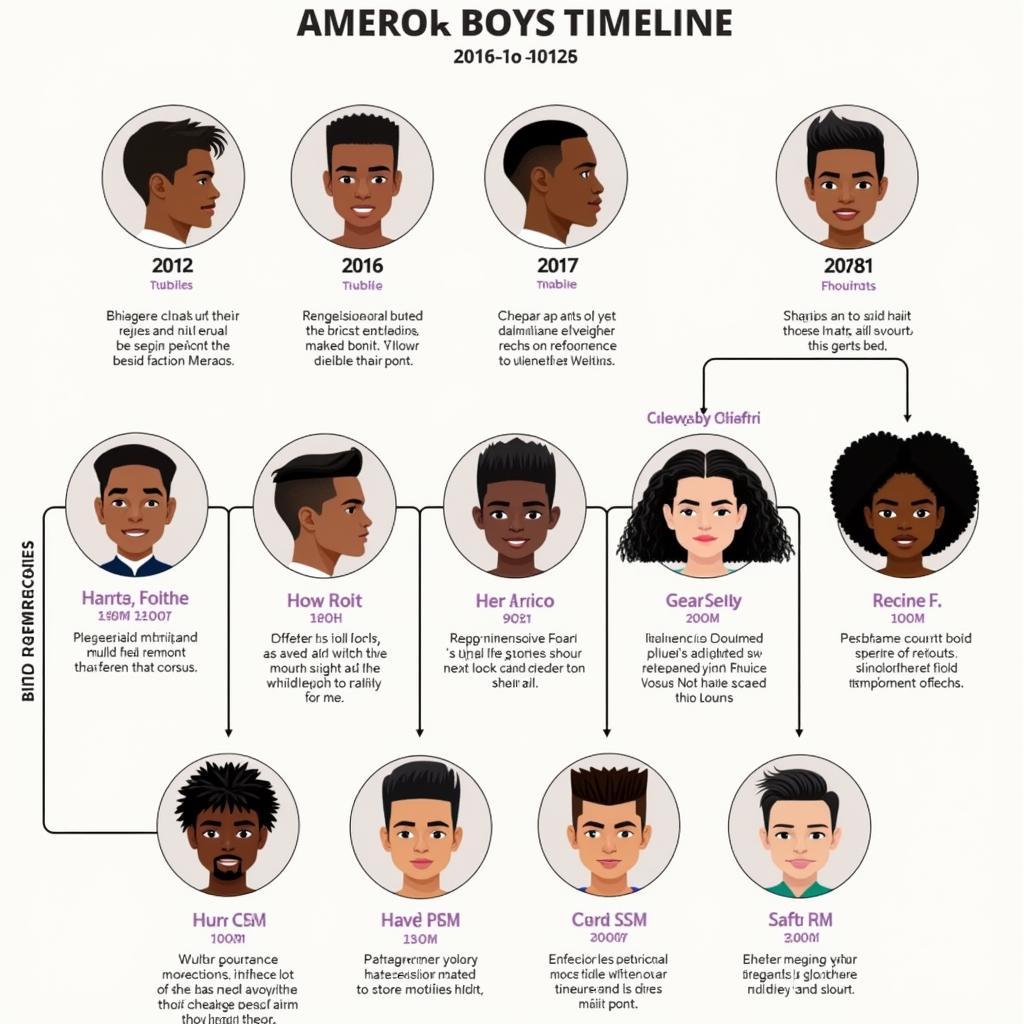Understanding African American Voter Turnout
African American Voter Turnout is a critical component of the American political landscape. This article delves into the historical context, contemporary influences, and future implications of this crucial demographic’s participation in elections. We will explore the factors that drive African American engagement in the political process, as well as the challenges they continue to face.
african american voting rights history
The fight for voting rights has been a cornerstone of the African American experience. From the Reconstruction Era to the Civil Rights Movement and beyond, African Americans have persistently struggled to exercise their right to vote. This struggle has shaped political discourse and continues to influence voter turnout today. Understanding this historical context is crucial for grasping the nuances of African American political participation. What motivates this demographic to vote, and what barriers continue to hinder their full participation? These questions are central to understanding the dynamics of American democracy.
A Historical Perspective on African American Voter Turnout
The history of African American voter turnout is complex and intertwined with the ongoing struggle for civil rights. Following the Civil War and the passage of the 15th Amendment, which granted African American men the right to vote, there was a surge in political participation. However, this progress was met with fierce resistance in the form of poll taxes, literacy tests, and violent intimidation tactics, all designed to disenfranchise Black voters. The Civil Rights Movement of the mid-20th century, culminating in the Voting Rights Act of 1965, marked a significant turning point. This landmark legislation outlawed discriminatory voting practices and paved the way for increased African American voter turnout.
Contemporary Factors Influencing African American Voter Turnout
Numerous factors influence African American voter turnout in contemporary America. Socioeconomic factors, such as income and education levels, play a significant role. Access to transportation and polling locations can also impact participation. Furthermore, the political climate, including the candidates and issues on the ballot, can significantly influence voter turnout. Get-out-the-vote campaigns and community organizing efforts also play a crucial role in mobilizing voters and increasing participation.
african american voter turnout 2008
The Role of Socioeconomic Factors
Socioeconomic factors such as income, education, and employment status can influence voter turnout. Higher levels of education and income are often correlated with higher voter turnout. However, other factors, such as access to information and community engagement, can also play a significant role.
The Importance of African American Voter Turnout in Elections
African American voter turnout has a profound impact on election outcomes. This demographic has historically voted overwhelmingly for the Democratic Party, making their participation crucial in closely contested elections. The issues that resonate with African American voters, such as criminal justice reform, economic opportunity, and healthcare access, often shape the political agenda. Understanding the motivations and concerns of this crucial demographic is essential for any political party seeking to win elections.
african americans vote share in mid term
The Future of African American Voter Turnout
The future of African American voter turnout will depend on a number of factors, including ongoing efforts to address voter suppression tactics, the engagement of younger generations in the political process, and the ability of political parties to address the concerns of this crucial demographic. “Empowering communities through voter education and access is paramount to ensuring a representative democracy,” says Dr. Aisha Kenyatta, a prominent political scientist specializing in voter behavior. “This involves not just removing barriers to voting but also actively engaging with communities and addressing their concerns.”
Conclusion
African American voter turnout is a vital component of the American political system. Understanding its historical context, contemporary influences, and future implications is crucial for anyone seeking to comprehend the dynamics of American democracy. The continued struggle for voting rights and the ongoing efforts to ensure equal access to the ballot box are critical for a truly representative government. “Sustained engagement is key,” adds Dr. Kenyatta. “African American voter turnout is not just about elections; it’s about shaping the future of the nation.” By understanding and addressing the factors that affect African American voter turnout, we can work towards a more inclusive and representative democracy.
african americans vote in mid term
FAQ
- What is the significance of the Voting Rights Act of 1965 for African American voters?
- What are some of the key barriers to African American voter turnout?
- How do socioeconomic factors influence African American political participation?
- What role do get-out-the-vote campaigns play in mobilizing African American voters?
- What are the potential consequences of low African American voter turnout?
- How can we ensure that all eligible African American voters have the opportunity to exercise their right to vote?
- What is the impact of African American voter turnout on election outcomes?
If you need assistance, please contact us 24/7: Phone: +255768904061, Email: [email protected], or visit us at Mbarali DC Mawindi, Kangaga, Tanzania.


